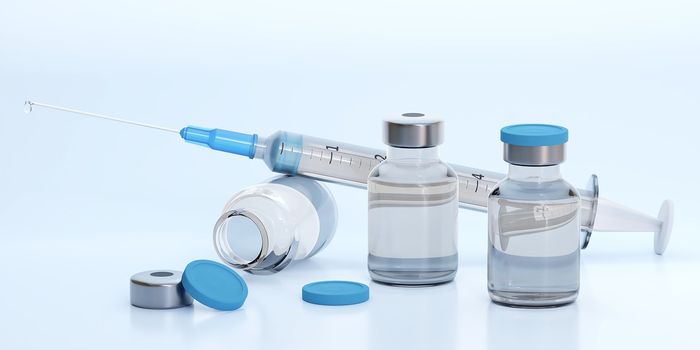ADHD Drug Reduces Daydreaming, Fatigue and Boredom
Researchers led by New York University have found that a stimulant drug may be able to treat persistent daydreaming, fatigue, and brain sluggishness, also known as sluggish cognitive tempo (SCT). The study was published in The Journal of Clinical Psychiatry.
The drug, known as lisdexamfetamine and sold as Vyvanse, is a central nervous system stimulant. It works by blocking the reabsorption of norepinephrine and dopamine in the presynaptic neuron, and thus increasing concentrations of these neurotransmitters between neurons.
In particular, the drug increases levels of norepinephrine and dopamine in the prefrontal cortex, an area of the brain responsible for executive functioning, and the striatum, a part of the brain that plays a role in decision-making, motivation, and reinforcement. While these changes are thought to promote behavioral changes, how exactly the drug works to alleviate symptoms of ADHD is unknown.
For the study, the researchers recruited 38 adults diagnosed with ADHD and SCT between 2016 and 2018. They assessed each participant for symptoms of both disorders as well as executive function deficits and functional impairment at baseline, and weekly throughout the study period.
For 4 weeks, participants either took lisdexamfetamine or an inactive placebo daily. Then, after a 2-week washout, the treatments were switched between the groups.
In the end, the researchers found that lisdexamfetamine reduced symptoms of self-reported SCT by 30%. The drug also reduced symptoms of ADHD by 40%, and significantly improved executive brain function. Participants reported fewer episodes of procrastination, improved focus, and feeling able to prioritize better.
The researchers also found that a quarter of the improvements in SCT, including feelings of boredom and signs of confusion, came from reduced symptoms of ADHD. This, they say, means that improvements in ADHD symptoms of impulsivity, staying focused, and restlessness were linked to some, but not all, changes in SCT.
The study may have implications for treating adults with ADHD and SCT. This is because, according to Lenard Adler, lead author of the study, stimulant drugs have only been shown to improve symptoms of SCT in children with ADHD until now. Further studies however are needed to confirm whether stimulant drugs such as lisdexamfetamine can treat ADHD in adults.
Sources: The Journal of Clinical Psychiatry, Drugbank Online, Science Daily









